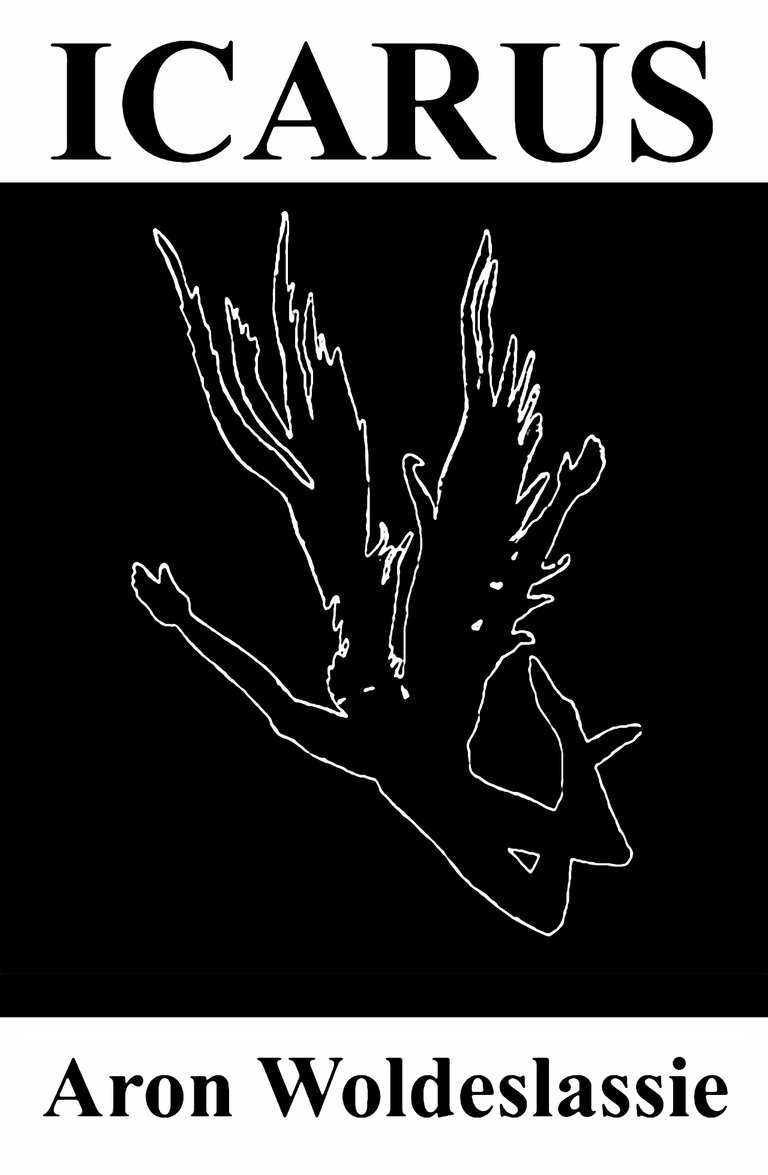
Lost? Start from the very beginning here! Or find the previous choice here!
Choice: Seventeen
Like a bullet, you bolt through the green portal and find yourself temporarily blinded. Still running, you feel the change in terrain: instead of the steady push of the garage floor, you feel the lofty rebound of fallen leaves underfoot. Opening your eyes, you find yourself hurtling towards a tree. You pivot and narrowly avoid the trunk, but the awkward maneuver leaves you splayed on the ground beside. The fall should feel dramatic and hard, but thanks to the chance of caretakers’ having encircled the trees with fresh soil beneath a bed of autumn leaves, along the instinctive knowledge to fall on your back, you’ve landed unharmed.
“Are you okay?” someone asks. You look up and see a young man sitting at a booth filled with posters, each one a picture of his face captioned, “Vote Al for President!”
“What’s all this for?” you respond, picking yourself off the ground. You’ve ended up on a college campus, though you don’t know where. Greek-styled buildings line the green quad in which you’ve landed, while stereotypical-looking students with books and hope pass Al’s booth.
“I’m a part of the student government,” Al replies. “I’m trying to run for president.” He hands you a leaflet with his name and face on it. Indifferently, you crumple the flier and drop it to the ground. The kid in front of you means nothing: what matters now is your location. Everyone here wears attire you consider normal. You suspect yourself in America.
“Hey!” Al says. “Pick that up.”
“What?” you ask, turning back. You’d almost forgotten he existed.
“I said, ‘Pick that up.’”
“Where are we?”
“Pick it up!” he shouts. You kick the paper to insult him. With a look of shock, and of effort to contain his rage, Al rises from his chair. “You’re going to go over there and pick that up,” he tells you.
“You’re going to tell me where I am.” The two of you continue to stare a beat until Al breaks the silence.
“You’re in Massachusetts.” he grumbles. “Now, pick up my flier.”
The wad of paper hasn’t gone very far through the fallen leaves, but for whatever reason, Al has gotten on your bad side, and you enjoy the idea of bothering him further. Al registers the vindictive thought and clenches his fists. This will be your third fight ever: so far you are 0-2, and the idea of being 1-2 along with hurting another human being is too enticing to pass up.
“Make me,” you hiss.
“Please?”
The question disarms you out of the moment. “What?” you respond.
“Please,” he says again, “pick up the flier.” Al’s enraged tone has completely vanished, replaced with a charming and empathetic demeanor: a transformation hard for you to understand. “If you wouldn’t mind, please pick up the flier.”
“Try and make me.” you say, hoping to bring back the confrontational atmosphere.
“No,” he replies. “I’d rather ask you. Please, do the right thing, and pick up the flier.”
Taking a step back, you give him a look of tired disappointment. The situation feels too awkward for fighting; you can only choose either to pick up the flier or leave. Both seem like a step backwards from your current attempt to pick a fight. Chicago is probably a couple bus or train stations away, but you’re too preoccupied with the situation. Even though you know where you are for the first time in over three days, this man and his small piece of paper have become all you can think about. Maybe it’s his earnest tone, or just his determination, but something about him needs resolving.
“Why?” you ask, not even sure if you’re asking why he wants you to pick up the flier, or why he’d prefer asking you to do it. The question lingers between the two of you: at first, Al had received it as rhetorical, but now realizes that you’ve asked in sincerity.
“Well,” Al begins, words stumbling as he breaks the pause, “because—because it’s the right thing to do.” he says. What? You give him time to elaborate: “If you don’t pick it up, someone else will have to do it.”
“Yeah.”
“You’d be making their life harder by not picking up the paper.”
“It would be their decision to pick it up, not mine.”
“But they would be compelled by the morality of the situation.”
You shrug. “It’s a piece of paper.”
“It’s still important,” he explains. “Any good person would know that they have an obligation to pick up the paper, just to keep someone else from having to do it.”
Idiotic. Deciding that the conversation won’t lead anywhere worthwhile, you choose to walk away from the uncomfortable encounter. “This—this is dumb. I’m leaving.”
Turning around, you power-walk away from the booth, hoping that Al won’t stare at your back as you leave. You take two steps forward before life presents an opportunity: propelled by a gust of wind, the balled-up flier rolls directly in front of you. Sighing at the sign, you pick up the crumpled flier, and turn back at Al. He has been watching, of course. Your eyes lock, and the two of you share something more than words. He cocks a knowing smile—an expression which, in this situation, you find offensive. You drop the crumpled flier once more and let the wind carry it away. Pushed past his breaking point, Al jumps forward and runs toward you, ready for a fight. Quickly intimidated by his vigor you instinctively step backwards, but after only a single step you find yourself dropping through the bed of leaves on the ground and lose yourself in a blinding white.
(go to Nineteen.)